Designed to meet the formidable challenges of treating personality disorders and other complex difficulties, schema therapy combines proven cognitive-behavioral techniques with elements of other widely practiced therapies. This book–written by the model’s developer and two of its leading practitioners–is the first major text for clinicians wishing to learn and use this popular approach. Described are innovative ways to rapidly conceptualize challenging cases, explore the client’s childhood history, identify and modify self-defeating patterns, use imagery and other experiential techniques in treatment, and maximize the power of the therapeutic relationship. Including detailed protocols for treating borderline personality disorder and narcissistic personality disorder, the book is illustrated with numerous clinical examples.
Sale!
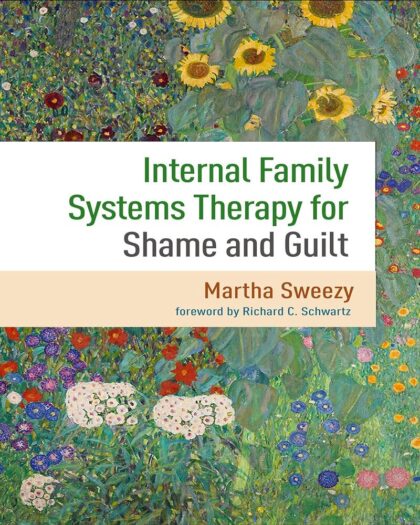
$39.99 Original price was: $39.99.$19.99Current price is: $19.99.
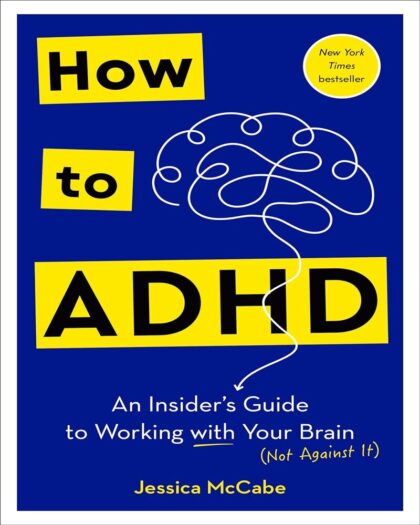
$59.99 Original price was: $59.99.$19.99Current price is: $19.99.
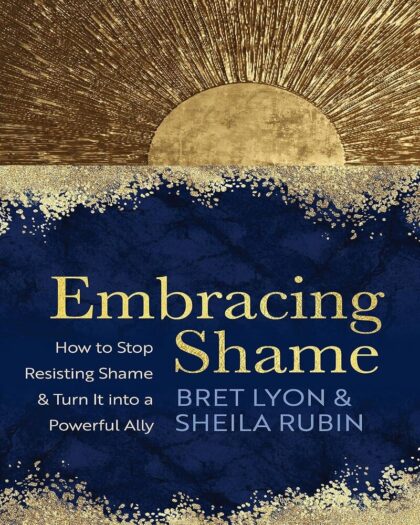
$69.99 Original price was: $69.99.$19.99Current price is: $19.99.
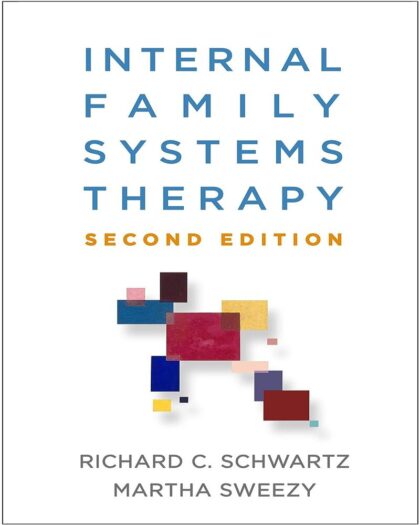
$29.99 Original price was: $29.99.$19.99Current price is: $19.99.
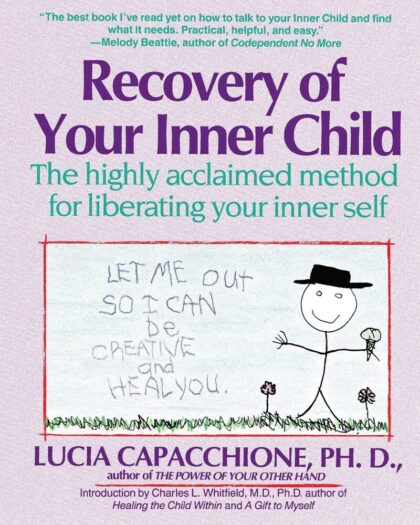
$49.99 Original price was: $49.99.$19.99Current price is: $19.99.
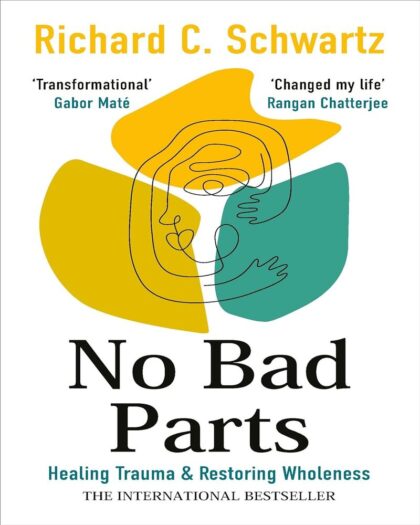
$29.99 Original price was: $29.99.$19.99Current price is: $19.99.
Schema Therapy: A Practitioner’s Guide
Rated 4.9 out of 5 based on 13 customer ratings
(13 customer reviews)
$69.99 Original price was: $69.99.$19.99Current price is: $19.99.
Frequently bought together:

Internal Family Systems Therapy for Shame and Guilt
Rated 5 out of 5
(14) 
How to ADHD: An Insider's Guide to Working with Your Brain (Not Against It)
Rated 4.83 out of 5
(18) 
Embracing Shame: How to Stop Resisting Shame and Turn It into a Powerful Ally
Rated 5 out of 5
(13) 
Internal Family Systems Therapy
Rated 4.9 out of 5
(17) 
Recovery of Your Inner Child: The Highly Acclaimed Method for Liberating Your Inner Self
Rated 4.8 out of 5
(20) 
No Bad Parts: Healing Trauma & Restoring Wholeness with the Internal Family Systems Model
Rated 4.82 out of 5
(17)
Total: $0.00
Category: Psychology
Related products
-
$26.99Original price was: $26.99.$15.99Current price is: $15.99.Retrain Your Brain: Cognitive Behavioral Therapy in 7 Weeks: A Workbook for Managing Depression and Anxiety
Rated 5.00 out of 5(5) -
$28.99Original price was: $28.99.$17.99Current price is: $17.99.Feeling Great: The Revolutionary New Treatment for Depression and Anxiety
Rated 5 out of 5(5) -
$29.99Original price was: $29.99.$19.99Current price is: $19.99.The Cognitive Behavioral Workbook for Anxiety: A Step-By-Step Program
Rated 5 out of 5(4) -
$29.99Original price was: $29.99.$19.99Current price is: $19.99.Trauma Stewardship: An Everyday Guide to Caring for Self While Caring for Others
Rated 5 out of 5(5)

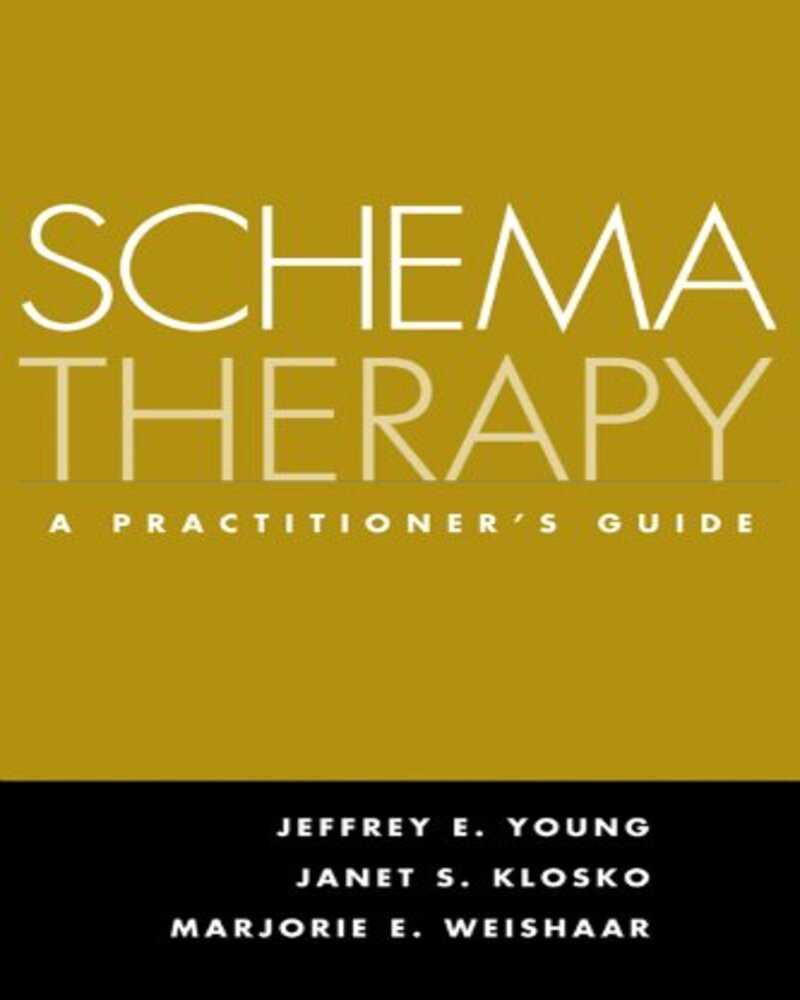
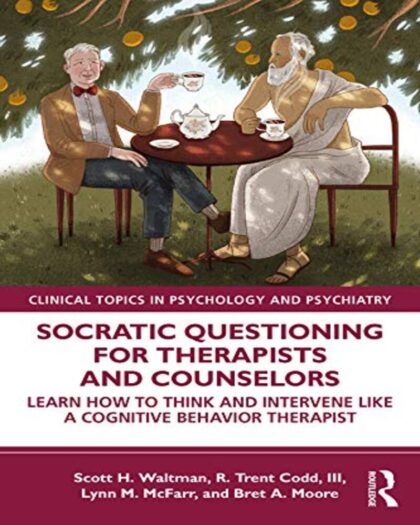
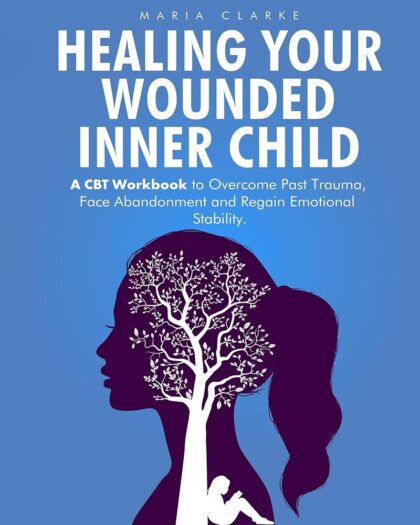
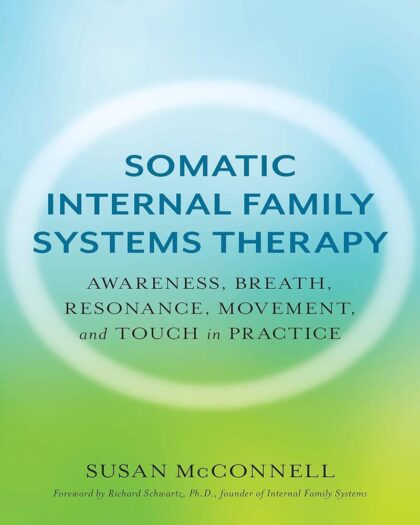
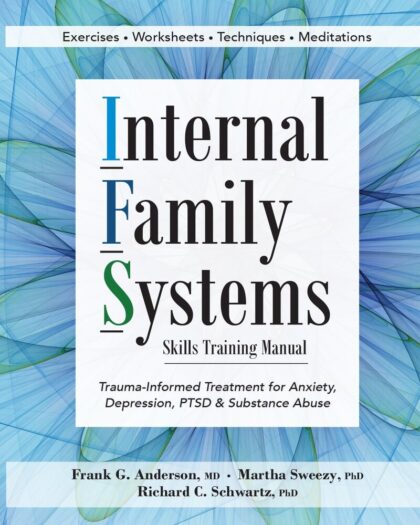
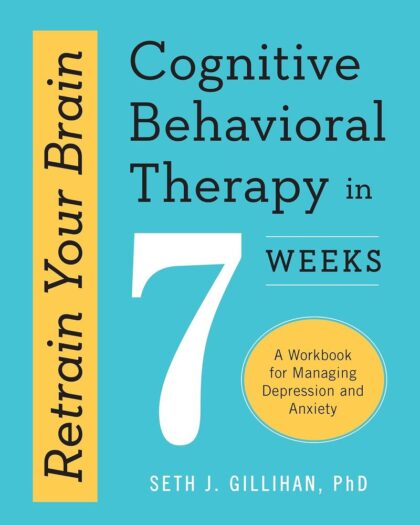
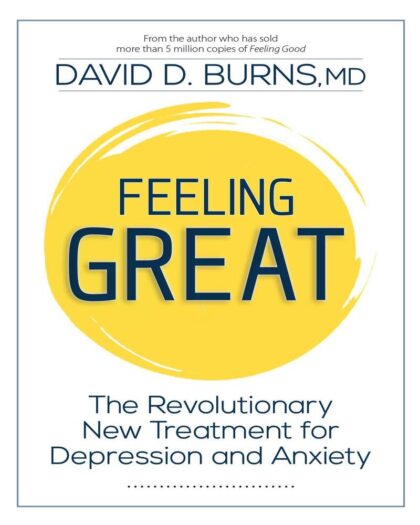
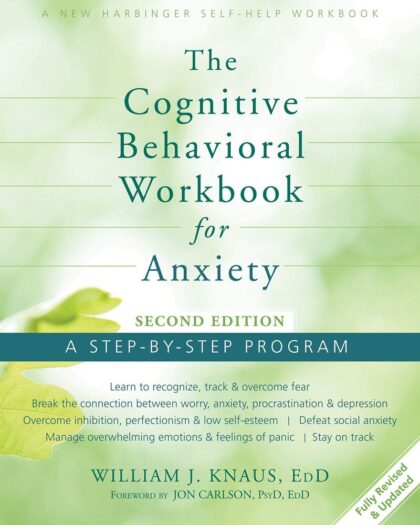
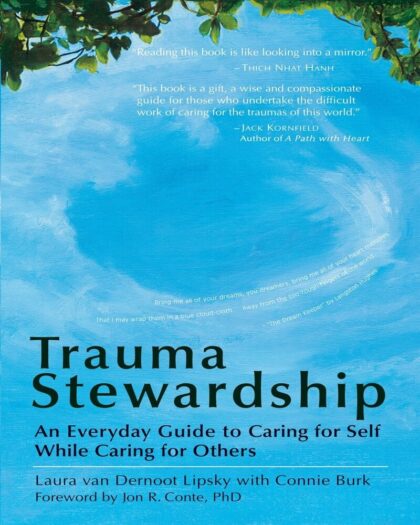
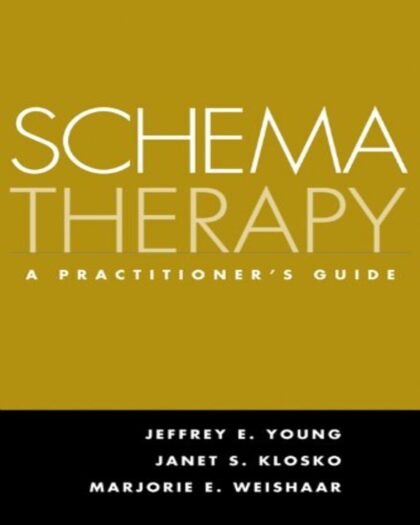
The book gives excellent case studies, great experiential exercises and thorough but understandable explanations of technique.
In terms of understanding other people, it really helps to see them in a much higher, compassionate viewpoint, and prevents burnout, which is so common a problem. Heck, it even shows that subjectivity over objectivity is extremely valuable.
While it is written to help those that do not necessarily fit neatly into society perfectly, it actually helps to really recognize and eliminate life traps in a much bigger population (e.g. you), and perhaps most importantly, to see peoples problems as a strong need/call for help--and not malicious, selfish, manipulative actions.
Lots of people are unnecessarily suffering from various social disorders (e.g. BPD, EDD, and CPSTD), and I am surprised more professionals have not heard of this theoretical approach as it makes much more intuitive and structural sense, and besides, a handful of studies show its the best treatment method by far, esp in a group setting.
I really hope this goes viral in the health community and its main ideas reach mainstream public.
That's how good this worked.
It's written from a clinical viewpoint, it ain't pop psychology, so unless you are really comprehensive-like in your reading ability, you might want to pass, but I liked it, because I'm really smart for my age.
strands from many areas of knowledge and practice. It integrates theory and practice, relates directly to therapists' issues, provides useful
case examples, AND is a fascinating read. Well worth the cost and the 400 page read. I am amazed at how much clarity and progress it has
brought to my practice.